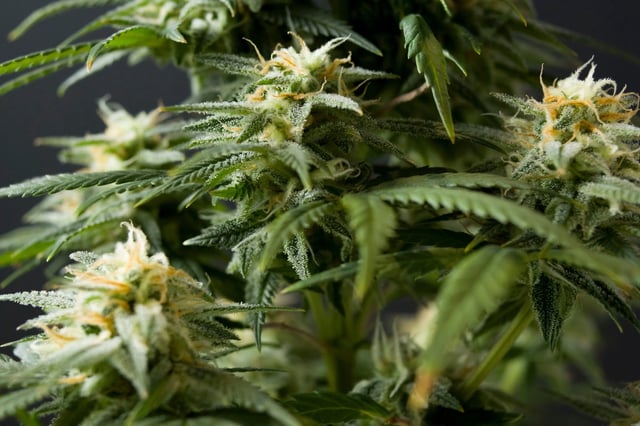Overview
- Published in Nature Communications on Sept. 9, the two-part research combined a retrospective analysis of 1,059 IVF follicular fluid samples with laboratory exposure of donated immature human oocytes.
- In IVF patients, detectable THC metabolites were associated with a lower rate of chromosomally normal embryos, with 60% euploidy in the THC-positive group versus 67% in matched THC-negative controls.
- In lab experiments, THC exposure altered gene activity tied to chromosome segregation, more than doubled spindle abnormalities, and produced about a 9% rise in aneuploidy.
- THC presence correlated with higher oocyte maturation, but researchers observed increased chromosome-separation errors and abnormal spindle structures, with maturation increases mainly at higher THC levels in the study conditions.
- Authors and outside experts highlighted key limits—including a small THC-positive sample, retrospective design, and missing dose and frequency data—and advised patients trying to conceive or undergoing fertility treatment to avoid or reduce cannabis use.



